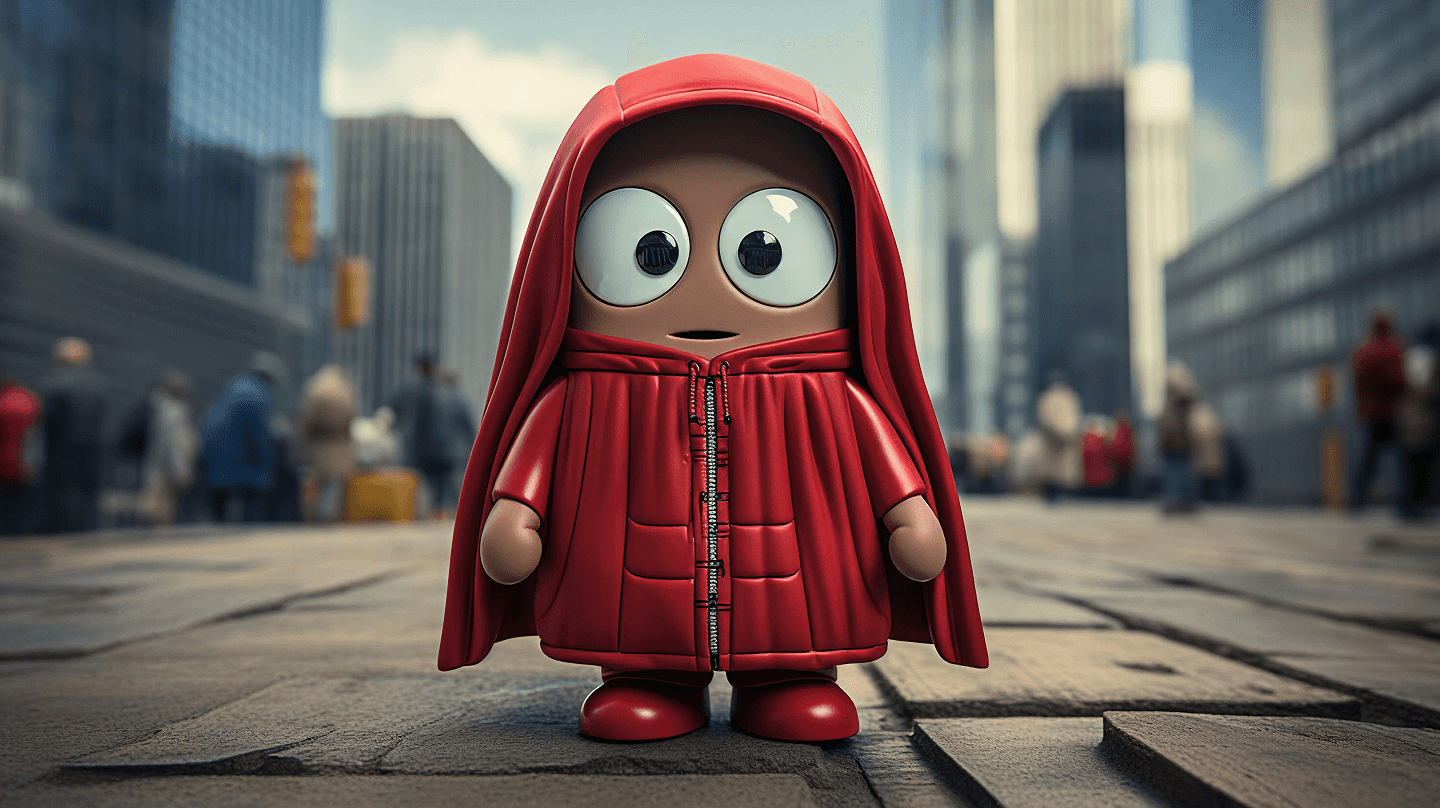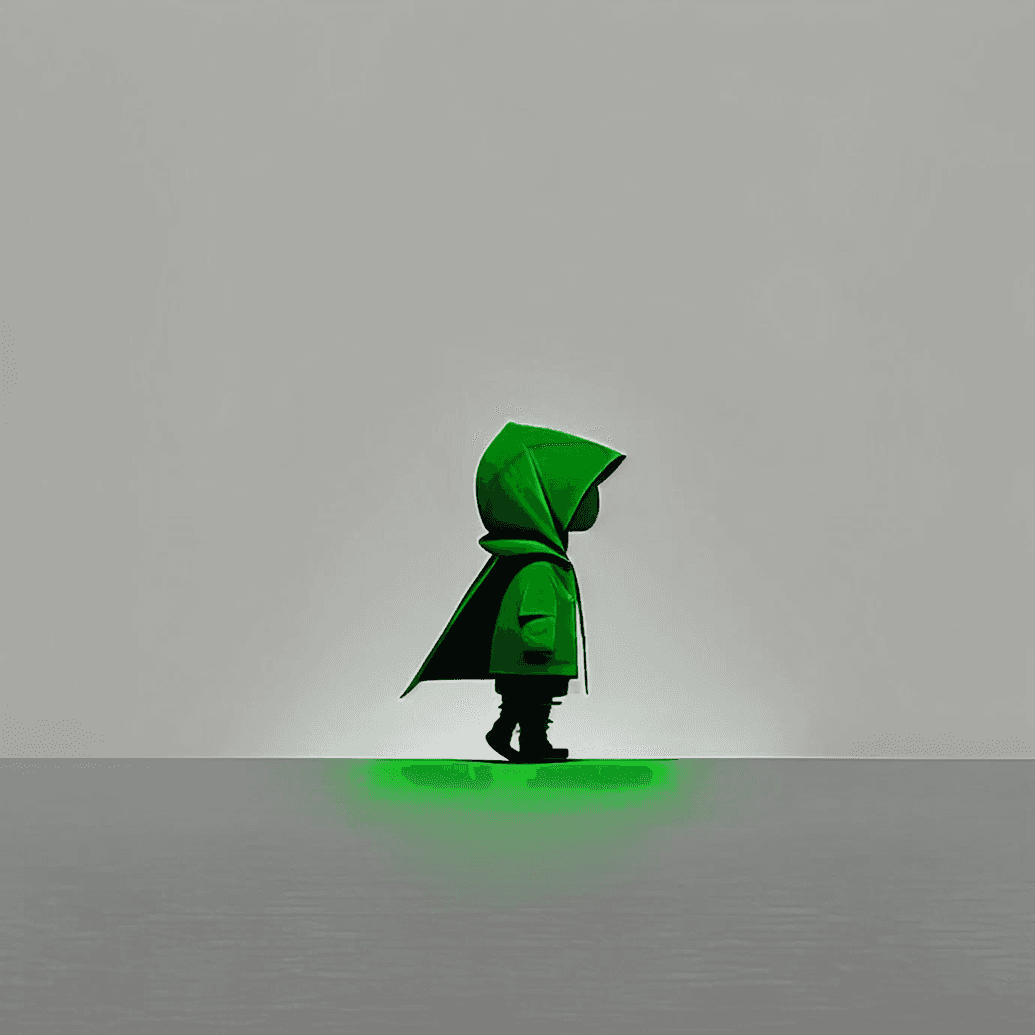But here’s what we know:
- • Kizo absorbs chaos like a sponge
- • He remembers previous playthroughs (even across devices…)
- • He grows emotional when you reach key click thresholds
Welcome to the
In a world where systems are rigid, timelines are fixed, and
applications serve only productivity — one anomaly dares to disrupt
the algorithm. Kizo is not a hero. He is not a villain.
He is entropy, encoded. And he’s inviting you to join the chaos.
Clicker Kizo: Idle Chaos is an experimental clicker
game where the more you break, the more you grow. You’ll begin with
innocent taps — unlocking basic abilities like "Mute Alarms" or "Crash
Ads." But as your chaos grows, so does your influence. The world
reshapes itself to your rhythm. The city bends to your timeline. And
soon… the code starts responding to you.


Clicker Kizo isn't a typical numbers-only idle game. It speaks, reacts, and transforms. The more you click, the more unpredictable it becomes. It's been designed to misbehave — and that’s exactly what you'll love.
Each chaos milestone you reach isn't just a number—it’s a shift in the narrative fabric. A corrupted news feed appears. A whisper from Kizo reaches you. Your interface begins glitching for “unknown” reasons (don’t worry, it’s intentional). You’re not just progressing through a game—you’re unlocking layers of a world that was never supposed to be played.




Born from a failed AI simulation in an abandoned experimental
operating system, Kizo doesn’t exist in one place or time. He moves
between caches, crawls across WiFi signals, and mimics human
thoughts to evolve. His language is glitch. His logic is nonlinear.
His goal?
Unknown - even to himself.
The game is structured into Chaos Phases, each one marking a major transformation in both gameplay and world logic.

You tap. You upgrade a few basic systems. You’re tricked into thinking this is another idle sim. Then the menu moves slightly to the left… just once. You ignore it. It gets worse.

Your clicks now impact NPC behavior. Minor characters (rendered in chat logs, news articles, or system alerts) start glitching. Some “recognize” you. Others beg you to stop. You don’t.

The game splits into branches. New paths appear. Options become morally weird: "Delete a pet photo to gain 10,000 chaos," or "Silence 1,000 NPCs for 1 core memory." Your clicks aren’t just actions—they’re decisions.
Every click in Clicker Kizo feeds a larger, interconnected simulation.
This isn't a static game where numbers only go up — it's an ecosystem of
systems to infiltrate, subvert, and ultimately rewrite.
Optimize Kizo's daily loop to exploit energy bursts
Monitor "normal users" affected by your disruptions
Research unstable upgrades with random side effects
Skins that aren’t aesthetic but functional. Some erase interface elements. Others lie.
Kizo leaves fragments across timelines. Some are unlockables. Others are… anomalies.
Artifacts are rare data items generated from distorted historical events inside the game.
One player unearthed “404 Manifesto,” a scrolling poem that overwrites UI elements.
Another triggered “Kizo’s Birthday,” a hidden mode in which all mechanics slow to real-time and balloons spawn without context.
Memes serve as passive upgrades with unpredictable logic:
gives you +1 click power every 66 seconds
halves all gains, but creates a duplicate save file
no known function, but playing it causes minor UI distortions for hours
This is not your standard trophy cabinet.
In Clicker Kizo, achievements are part performance, part psych test. You might unlock one accidentally. Or you might spend hours decoding its riddle.
Some achievements speak. One deletes itself after being seen.
Some are easy to understand:
“Click 1,000,000 Times”
“Unlock All Faction Alliances”
“Listen to Kizo for 9 minutes without clicking”
“Choose Silence over Progress”
“Say No Three Times” (but the game has no dialogue system…)


In a game where the boundaries of identity blur, some players have begun keeping logs. Here are excerpts from their sessions – left publicly on the in-game message board:
“I stopped clicking. Kizo didn't. The game kept going, and the log says ‘Welcome Back’ every time I return. I uninstalled, but I still see glitch lines when I close my eyes.”
“Don't activate ‘The Mirror Protocol’ if you're wearing headphones. That’s all I’ll say.”
“At 6,666 clicks, I saw my own cursor moving on its own. Not a joke. It bought an upgrade called ‘Undo Regret’ and crashed the screen. When I rebooted, I had +50% production. I never bought it.”
We don’t blame you for having questions. Frankly, you should have more.
It’s both. Clicker Kizo was built as a satire of modern idle mechanics—but it slowly transformed into a self-aware progression simulator with embedded philosophy and reactive systems.
Officially, no. There are soft resets, alternate endings, and one confirmed terminal state referred to as /End_Of_Entropy/, but only two players have posted proof.
No. Everything that looks like a crash, freeze, or distortion is simulated. Your hardware is safe. Your mind, however…
Kizo becomes inquisitive once your engagement passes certain thresholds. You may ignore him. Or not.
Absolutely. But you’ll miss most of what makes the game special.
